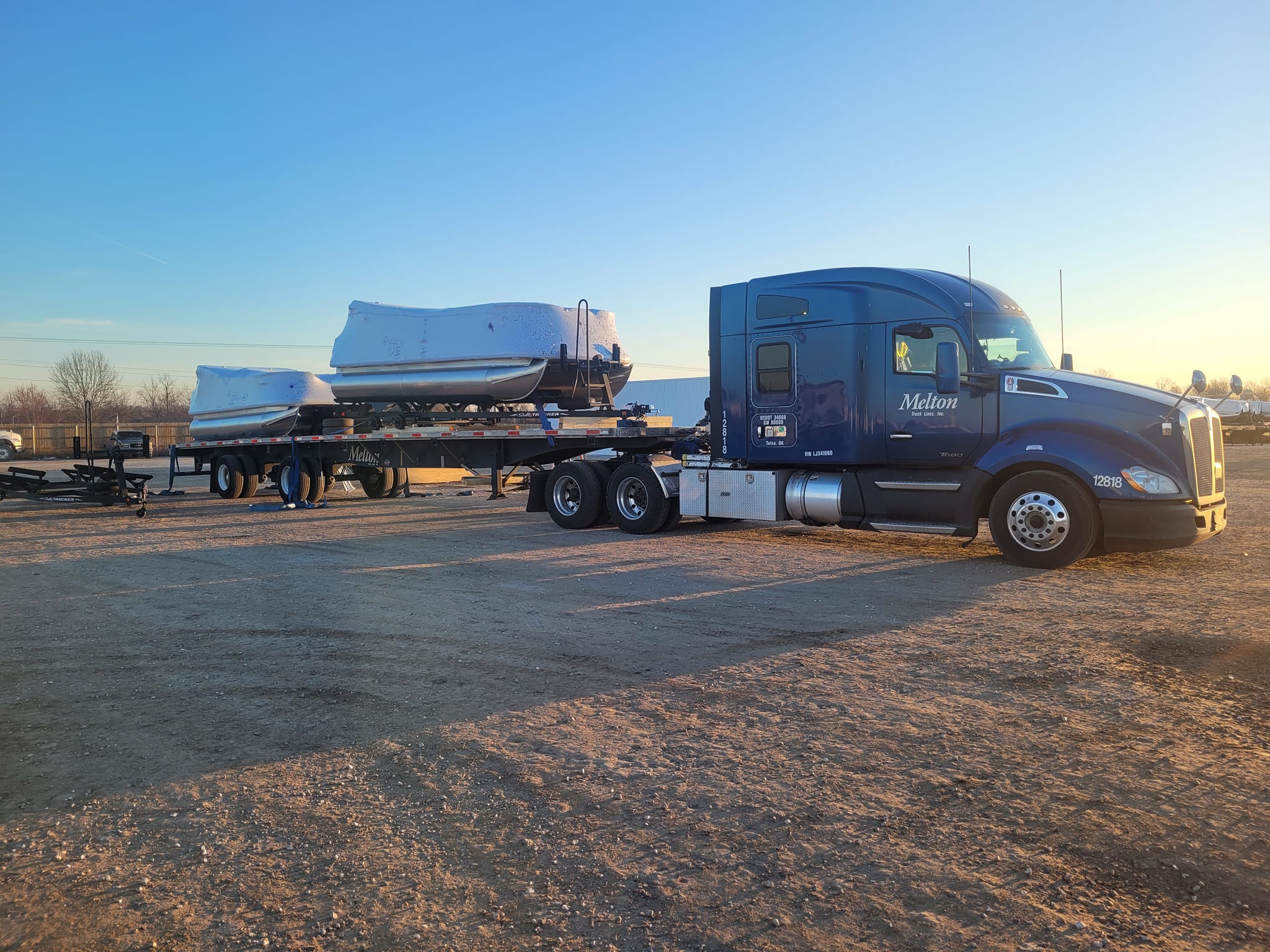
Home Time for Truckers: What You Need to Know
Home time is something every trucker looks at when deciding on a company to drive for. But first, what does home time mean in trucking? Unlike a traditional job, the weeks are not always broken up into workdays and days off; instead, “home time” refers to earned days off that are granted after spending a certain amount of time driving. Policies for how home time can be earned, accrued, and spent vary greatly between companies and can get confusing quickly. However, there’s no disregarding the importance of home time and spending precious time with friends and family. In this blog, we’re going over the home time associated with different driving jobs, how it can be used, and how Melton’s flexible home time policies can help you make the most of your time off.
How Does Earning Home Time Work?
The rate in which home time is earned depends on if you’re driving local, regional, or OTR. Local driving will have you home most often, usually every night. However, these positions are highly sought after and may require more driving experience than other jobs – and though you’re guaranteed home every night, your days will likely be long. Regional driving will have you operating within a region of the U.S. and will have you home once or twice a week. This is a happy medium for many who want to stay out for stretches of time, but don’t want to miss out on family time. OTR driving has the most variation in home time and refers to any drivers who are out for two or more weeks at a time. OTR truckers will usually earn a day of home time for every week spent on the road, but many companies (including Melton) have ways in which drivers can earn more days. This is the best option for those looking to make more money, since you’re rolling more than local or regional drivers. Learn more about Melton’s OTR pay scale on our pay page.
How Do You Use Home Time?
Again, this will vary between trucking companies and the type of driving you do. For local and regional routes, you will normally be routed home every night or every week without having to put in a request. For OTR drivers, you’ll need to request your home time in advance as it’s not automatically applied.
Once your home time request is in and it’s time to head home, you’ll either be routed into a terminal to turn in your truck, or be allowed to drive yourself home in your truck. This added flexibility is what appeals to many OTR drivers. Many companies will let you bank home time up to a certain number of days before you have to use them, but before then, you can stay out for two weeks and have a weekend at home or stay out for several and take a vacation with your family

Trucking Companies With the Best OTR Home Time
As a primarily OTR company, Melton understands how valuable home time can be. Our drivers earn one day of home time for every 7 days on the road, and we have several programs in place to make our home time even better. If you’re looking to earn some extra days, our Road Warrior program rewards drivers who stay out for long stretches of time with an extra day of home time or an extra $200 on every third week spent driving. We also allow unlimited banking for home time. If you want to stay out for 6 months and relax for a month, you can! Furthermore, if you want to say hello to your family and have a load that takes you within 75 miles of your hometown, you’re free to do so without using any home time as long as you’re able to deliver your load on time. Do you want to spend your home time visiting friends or family who live far away from your home domicile? Take your home time from almost anywhere in the country – just let us know where you want to go.
Although home time policies can be confusing, every company wants to help drivers get home to their families the best they can. It’s important that before starting a trucking job, prospective drivers have a conversation with their support systems about how much time they can realistically spend away. If you want to review Melton’s full home time policy, be sure to check out our driver benefits page to learn more.
